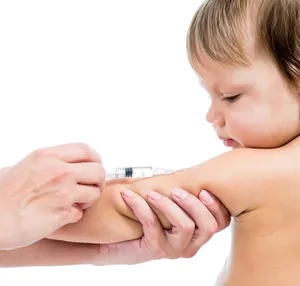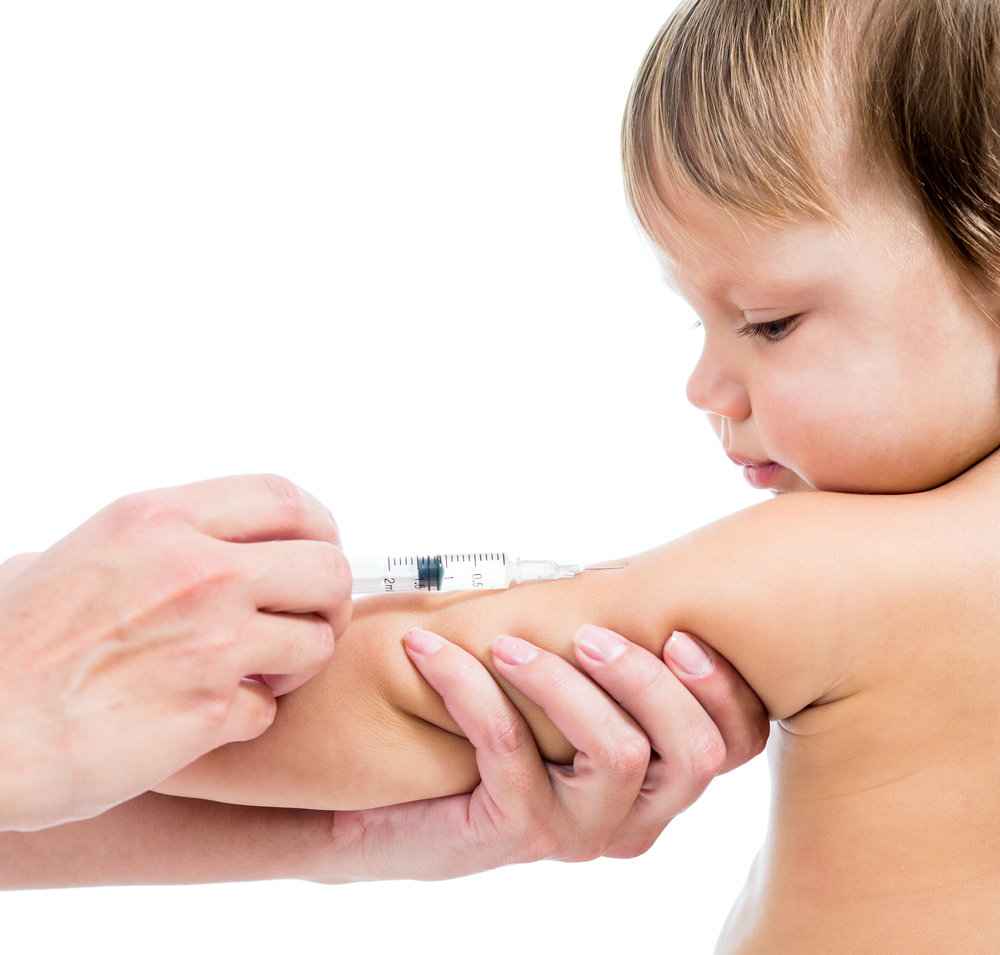
Last year, a study revealed that this particular vaccine reduced the risk of malaria by almost 50 percent in older children – although researchers say that number is still far below the level of protection provided by most vaccines.
A report released on Friday showed that 3 shots of the vaccine reduced the number of malaria cases in infants aged 6 to 12 weeks by approximately 30 percent. Researchers have been searching for decades to find an effective vaccine against the parasite, but have come up short each time. Currently, there are several dozen vaccine candidates being researched.
Malaria is responsible for more than 650,000 deaths each year. The majority of deaths are young children and pregnant women. With no effective vaccine available, health officials have taken other measures to help protect against the deadly parasite. Insecticide-treated bed nets and pesticide sprays for homes have been implemented in many homes in Africa but a vaccine would dramatically reduce the number of cases each year. The World Health Organization (WHO) says that a malaria vaccine should reduce the risk of severe disease and death by at least 50 percent and should last longer than one year in order to be deemed effective.
Unfortunately, at it stands right now, the promise of this particular vaccine comes up short.
The World Health Organization declined to comment on the results of the vaccine until the trial is complete.
Source: CTV News



